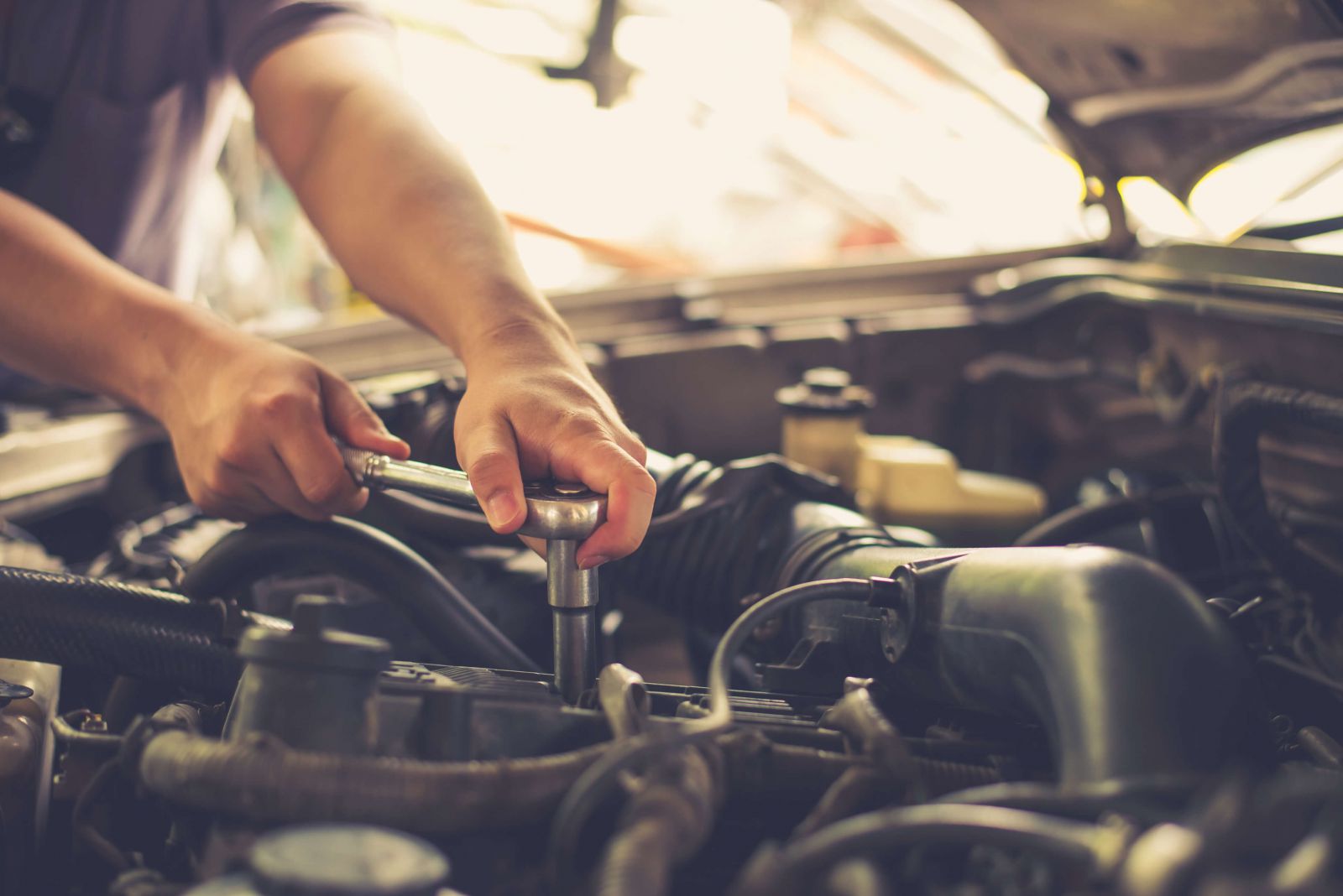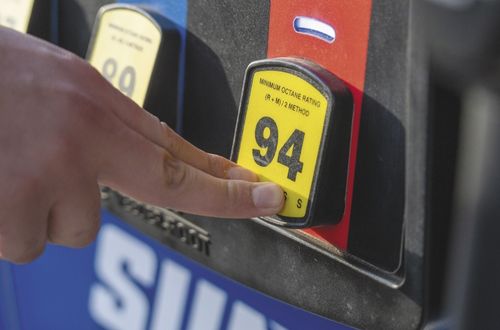The Sunoco Pit Stop

Seasonal Car Maintenance Tips: Preparing Your Vehicle for Changing Weather
Posted on 5/20/2024

As the seasons change, so do the demands on your vehicle. From the sweltering heat of summer to the icy, freezing winter, each period presents unique challenges that can affect your car's performance and longevity.
For enthusiasts who pride themselves on maintaining peak vehicle performance—whether you're a performance car enthusiast, a motorsports participant, tuning and modifying hobbyist, or simply someone who values the integrity of their high compression engine vehicle—understanding and implementing seasonal car maintenance is key.
Here are essential, actionable tips for preparing your vehicle for changing weather to help your vehicle continue to operate efficiently and reliably.
Spring Car Maintenance
As winter thaws and gives way to the fresh beginnings of spring, it's the perfect time for a vehicle checkup after the cold and demanding months. Spring car maintenance focuses on recovering from winter's toll and preparing for warmer days ahead. Ensuring your vehicle's fluids are fresh, tires are in prime condition, and the undercarriage is clean from any salt and debris are key steps to take as you transition out of winter.
- Check and Replace Fluids: Winter can be harsh on your vehicle's fluids. Check your oil, coolant, brake, and transmission fluids, topping off or replacing as necessary. High-quality fluids, like those found at a gas station near you, can ensure optimal performance and protect your engine.
- Tire Maintenance: Temperature fluctuations can affect tire pressure. Inspect your tires for proper inflation, alignment, and signs of wear. If applicable, consider switching from winter tires to all-season or summer tires.
- Clean and Inspect the Undercarriage: Salt and debris from winter roads can lead to rust and corrosion. A thorough cleaning helps prevent damage, especially to crucial components like the brake and fuel lines.
Summer Car Maintenance
Summer brings with it road trips, high temperatures, and the urge to hit the open road under the sunny sky. However, the heat can also strain your vehicle, from the battery to the air conditioning system. Summer maintenance is all about keeping cool and ensuring your vehicle can handle the heat without overheating, ensuring both your comfort and your engine's reliability during the hottest months.
- Air Conditioning Check: Before the heat becomes unbearable, ensure your air conditioning system is functioning correctly. This includes checking for refrigerant leaks and assessing the compressor's health.
- Battery Performance: High temperatures can affect battery life and performance. Test your battery and ensure it's securely mounted to avoid any potential issues during hot weather.
- Engine Cooling System: Overheating is a common issue in summer. Ensure your cooling system, including the radiator, thermostat, and water pump, is in good condition. Using high-octane gas can also help maintain engine efficiency and performance during increased temperatures.
Fall Car Maintenance
Fall signals a change in the air, with cooler temperatures and shorter days. It's a critical time to prepare your vehicle for the impending cold while addressing any issues that summer's heat may have caused. Checking the heating system, ensuring your battery is ready for colder weather, and inspecting your vehicle's lighting are all important for safe and comfortable driving in the fall season.
- Prepare for Colder Weather: Check your vehicle's heating system to ensure it's ready for the drop in temperature. It's also a good time to replace your windshield wipers and refill your wiper fluid.
- Battery Check-Up: Cold weather can be tough on batteries. Test your battery's charge and replace it if necessary to avoid being stranded with a dead battery in winter.
- Light Inspection: As days get shorter, you'll rely more on your vehicle's lights. Check all bulbs for proper operation and clean the lenses for maximum visibility.
Winter Car Maintenance
Winter presents some of the harshest conditions for your vehicle, with cold temperatures, ice, and snow challenging both its performance and integrity. Winter maintenance is centered on prevention and preparedness, focusing on antifreeze levels, tire safety, and having a well-stocked emergency kit.
Preparing your vehicle for winter helps it face the cold head-on, keeping you safe and your engine running smoothly despite the freezing conditions.
- Antifreeze and Coolant Levels: Ensure your antifreeze is at the correct ratio to prevent freezing and check the system for any leaks.
- Tire Tread and Pressure: Depending on your location, winter tires or chains may be necessary. Regardless, check your tires for adequate tread and maintain proper pressure for icy conditions.
- Emergency Kit: Always have a winter emergency kit in your vehicle. This should include items like blankets, a flashlight, a first-aid kit, a snow shovel, and ice scrapers.
Year Round Maintenance
Throughout the year, utilizing quality gas can significantly contribute to the overall maintenance and performance of your vehicle, according to a study conducted by AAA. As a Top Tier fuel, Sunoco's fuels are formulated to keep your engine clean and efficient, enhancing your driving experience regardless of season.
Keep in mind you can also take advantage of gas rewards programs throughout the year, which can offer savings that allow you to maintain your vehicle without breaking the bank.
Seasonal maintenance is crucial for ensuring the longevity and performance of your vehicle, especially for those invested in the driving experience and engine care. By following these tips and choosing the right fuel, you can enjoy a smooth driving experience throughout the year and be prepared for whatever the weather may bring.




